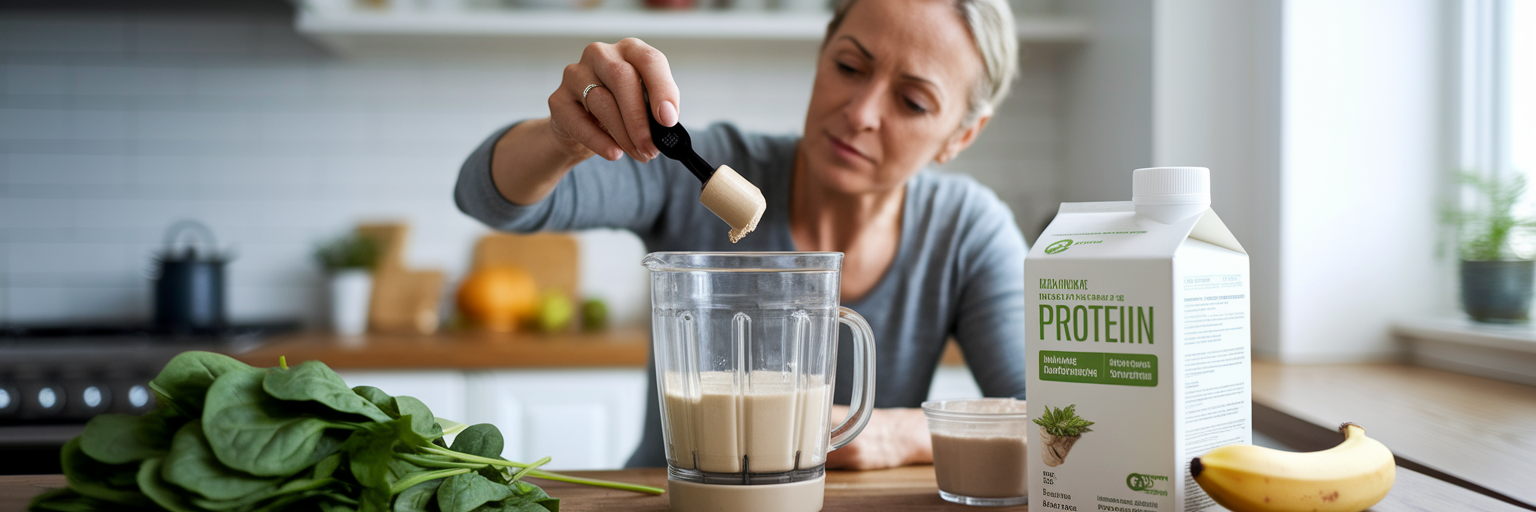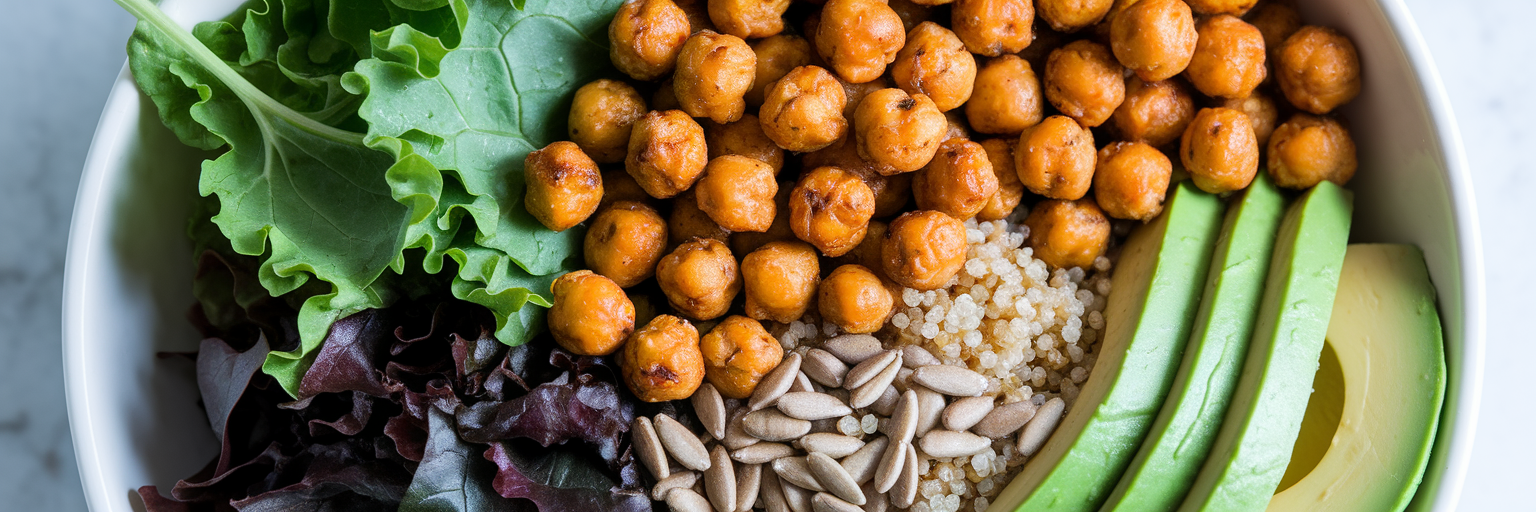Understanding Your Body's New Chapter After 40
It can be incredibly frustrating when the diet and exercise habits that always worked for you suddenly stop delivering the same results. If you're over 40, you might know this feeling well. This isn't a personal failure; it's a predictable biological shift that happens as your body enters a new chapter.
Two major changes are at play: fluctuating hormones and a natural decline in muscle mass. During perimenopause and menopause, shifting estrogen levels can signal your body to store more fat, particularly around your midsection. It’s a common experience that can leave you feeling like you’re fighting an uphill battle.
At the same time, our bodies begin to experience sarcopenia, which is the age-related loss of muscle. This is more than just a change in strength. Muscle is metabolically active tissue, meaning it burns calories even when you're resting. When you lose muscle, your metabolism naturally slows down. This is a key piece of the puzzle when you're trying to figure out how to increase metabolism after 40. A slower metabolism means your body needs fewer calories to function, making weight management more challenging.
But this isn't a story without a solution. Recognizing these changes allows you to adapt your strategy. One of the most powerful tools at your disposal is increasing your protein intake. A protein-focused approach can help you proactively counteract these shifts, and we'll explore exactly how it works.
The Role of Protein in Midlife Wellness

Understanding that your body is changing is the first step. The next is learning how to work with it. Protein isn't just for athletes; it's a fundamental building block for health, especially during midlife. It plays a direct role in supporting a healthy metabolism and making your vegan weight loss for women over 40 journey more effective.
Keeping You Fuller, Longer
We've all been there: that mid-afternoon slump when cravings for sugary snacks hit hard. Protein helps manage this by influencing satiety hormones. It helps you feel full and satisfied for longer periods, which can significantly reduce the urge for mindless snacking between meals. A protein-rich breakfast, for example, can set the tone for a day of more mindful eating.
Preserving Your Metabolic Engine: Muscle
To counteract the muscle loss we just discussed, your body needs the right materials for repair and maintenance. Protein provides the essential amino acids required to preserve lean muscle mass, especially when you combine it with regular physical activity. In fact, a report from VeganEasy.org suggests that women over 40 should aim for 1.2–2.0 grams of protein per kilogram of body weight. For a 154-pound woman, that’s about 85–140 grams daily. This targeted intake gives your body what it needs to hold onto its metabolic engine.
Boosting Your Calorie Burn
Did you know your body uses energy just to digest food? This is called the thermic effect of food (TEF). Protein has a much higher TEF than carbohydrates or fats, meaning your body burns more calories simply breaking it down. While it's not a magic bullet, this small metabolic boost from each meal adds up over time, contributing to your overall energy balance.
For more reading on wellness topics, our readers often explore our full range of articles on our blog.
Choosing High-Quality Vegan Protein Sources
Making protein a priority is one thing, but knowing where to find it on a plant-based diet is another. The good news is that high-quality vegan protein is abundant, delicious, and versatile. Stocking your kitchen with the right ingredients makes hitting your daily goals feel effortless.
Here are some of the best plant based protein for women to add to your shopping list:
- Legumes: Lentils, chickpeas, black beans, and peas are nutritional powerhouses packed with protein and fiber.
- Soy Products: Tofu, tempeh, and edamame are complete proteins that are incredibly versatile in the kitchen.
- Grains: Quinoa is a standout as a complete protein, while seitan (made from wheat gluten) offers a dense, meat-like texture.
- Nuts and Seeds: Hemp seeds, chia seeds, pumpkin seeds, and almonds are great for snacking or adding a protein boost to meals.
A common question is whether you need to combine different foods to get a "complete protein." While it's true that some plant sources are low in one or more essential amino acids, this is easily solved by eating a variety of foods throughout the day. Your body is smart enough to pool the amino acids from different meals. Just be sure to include plenty of legumes, which are rich in the amino acid lysine.
For an extra layer of convenience, plant-based protein powders are a fantastic tool. A scoop of a high-quality chocolate vegan protein can transform a simple smoothie into a satisfying, protein-rich meal, perfect for busy mornings. If you're wondering which type is right for you, our guide to the best protein powders breaks down the pros and cons of each.
| Protein Source | Serving Size | Approximate Protein (grams) | Nutritional Highlight |
|---|---|---|---|
| Lentils | 1 cup, cooked | 18g | Excellent source of fiber and iron |
| Firm Tofu | 4 ounces | 20g | Complete protein, rich in calcium |
| Tempeh | 4 ounces | 21g | Fermented and easy to digest, high in protein |
| Quinoa | 1 cup, cooked | 8g | Complete protein, contains all 9 essential amino acids |
| Hemp Seeds | 3 tablespoons | 10g | Great source of omega-3 and omega-6 fatty acids |
| Pea Protein Powder | 1 scoop | 20-25g | Rich in iron and branched-chain amino acids (BCAAs) |
This table provides approximate protein values to help you visualize how different plant-based foods contribute to your daily intake. Values can vary slightly by brand and preparation method.
Essential Nutrients Beyond Protein

A successful plant based diet for menopause is about more than just protein. To feel your best, it's important to pay attention to a few key micronutrients that are especially important for women over 40. This holistic approach ensures your body gets all the support it needs.
- Calcium and Vitamin D: These two work as a team to protect bone density, which can decline after menopause. You can find calcium in fortified plant milks, tofu, and leafy greens like kale. Vitamin D is harder to get from food, so safe sun exposure or a reliable supplement is often necessary.
- Vitamin B12: This is a non-negotiable for anyone following a vegan diet. Vitamin B12 is crucial for nerve health and energy production, and it is not found in plant foods. A consistent, reliable supplement is essential to avoid deficiency.
- Iron: Plant-based iron is abundant, but it's absorbed differently than iron from animal sources. You can maximize absorption by pairing iron-rich foods like spinach, lentils, and chickpeas with a source of Vitamin C. Think a squeeze of lemon over your lentil soup or adding bell peppers to a spinach salad.
- Healthy Fats: Don't forget about fats! Sources like avocados, nuts, and seeds provide essential fatty acids that support hormone regulation and brain health, both of which are vital during this life stage.
A Sample Day of High-Protein Vegan Eating
Putting it all together doesn't have to be complicated. Creating high protein vegan meals can be simple and delicious. Here’s what a typical day could look like to help you easily meet your protein goals and feel energized.
- Breakfast: Protein smoothie with 1 scoop of vegan protein powder, unsweetened soy milk, a handful of spinach, and a tablespoon of chia seeds. (Approx. 25-30g protein)
- Lunch: A large salad with mixed greens, 1 cup of chickpeas, cucumber, tomatoes, and a creamy tahini dressing. (Approx. 20g protein)
- Dinner: Tempeh stir-fry made with cubed tempeh, broccoli, bell peppers, and a savory soy-ginger sauce, served over a cup of quinoa. (Approx. 30g protein)
- Snack Ideas: A handful of almonds, roasted edamame, or an apple with a tablespoon of peanut butter.
Consistency is what truly makes a difference. Adopting a high-protein, plant-based lifestyle is a powerful and positive way to support your body through its changes. If you need more inspiration, check out these 3 easy vegan protein recipes you'll actually crave.
Ready to support your wellness journey? Explore our complete collection of plant-based products.



